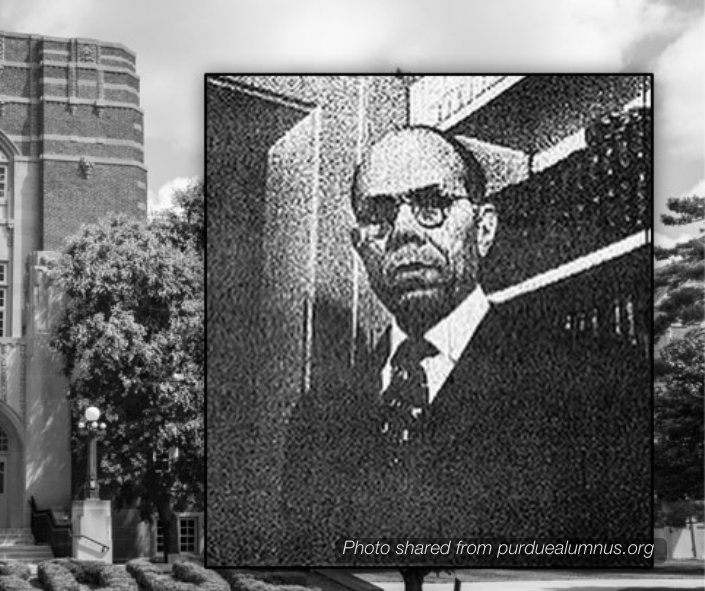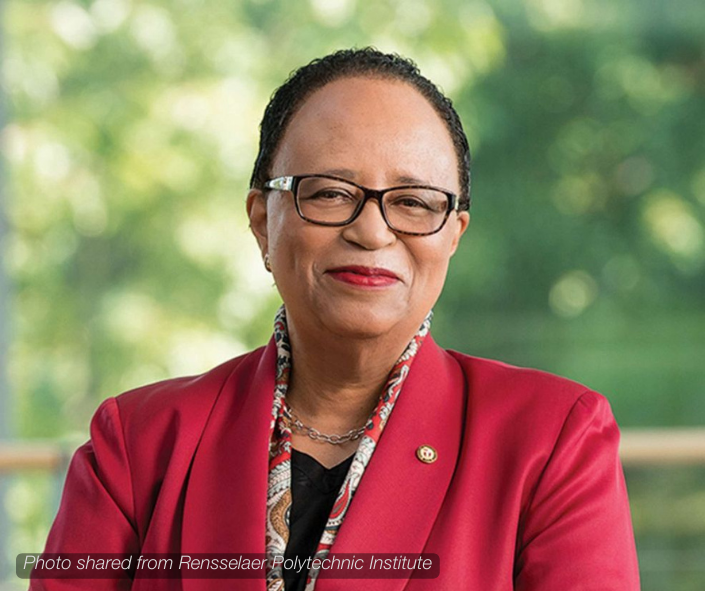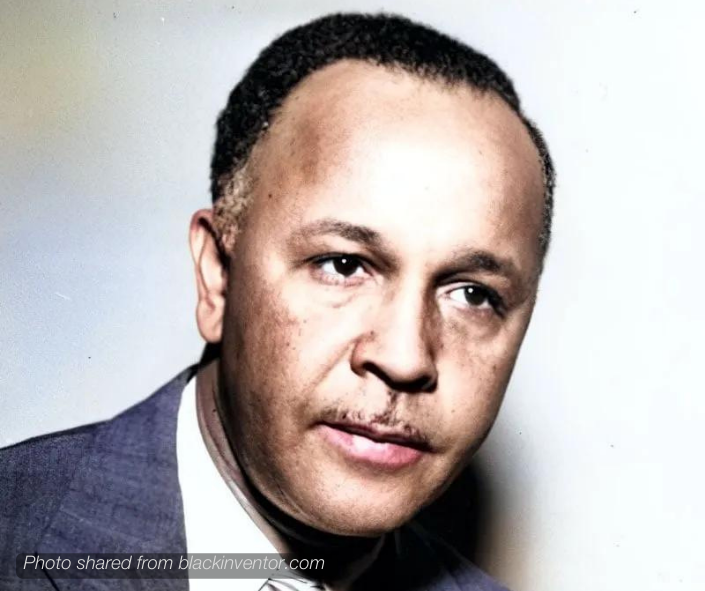Celebrating the Legacy of Black Inventors
Annually during Black History Month, we honor and celebrate the remarkable contributions and innovations made by African Americans across various industries and disciplines. Every year we showcase a few innovations and discoveries that have been pivotal in shaping our modern world.
David Crosthwait, Jr
HVAC "GODFATHER"

If you enjoy the comforts provided by modern HVAC systems, much credit is owed to pioneering engineer David Nelson Crosthwait Jr. Revered as an authority in heat transfer, ventilation, and air conditioning, Crosthwait played a pivotal role in designing the heating system for Radio City Music Hall at Rockefeller Center in New York City.
As a research engineer, he held the position of Director of Research Laboratories at CA Dunham Company in Marshalltown, Iowa, from 1925 to 1930. Subsequently, he assumed the role of Technical Advisor at Dunham-Bush Inc. from 1930 to 1971. Additionally, he served as the former president of Michigan City Redevelopment.
He authored an instruction manual on heating and cooling using water, as well as guides, standards, and codes pertaining to heating, ventilation, refrigeration, and air conditioning systems. Crosthwait obtained patents for 39 inventions related to the design, installation, testing, and servicing of heating, ventilation, and air conditioning (HVAC) power plants.
Following his retirement from the business world in 1969, he instructed a course on steam heating theory and control systems at Purdue University. In recognition of his accomplishments, Mr. Crosthwait was designated a fellow of the American Society of Heating, Refrigeration, and Air Conditioning Engineers in 1971, marking him as the inaugural African American to receive such recognition. Moreover, he was bestowed with an honorary doctorate degree from Purdue University in 1975.
Read more about David Crosthwait, Jr.
Dr. Shirley Ann Jackson
STEM TRAILBLAZER
 A physicist and the first Black woman to receive a doctorate in any field from the renowned university. In 1973, Jackson earned her doctorate in theoretical elementary particle physics from Massachusetts Institute of Technology. After learning that Dr. Martin Luther King Jr. had been shot, Jackson took action and co-founded the Black Student Union at MIT.
A physicist and the first Black woman to receive a doctorate in any field from the renowned university. In 1973, Jackson earned her doctorate in theoretical elementary particle physics from Massachusetts Institute of Technology. After learning that Dr. Martin Luther King Jr. had been shot, Jackson took action and co-founded the Black Student Union at MIT.
Following significant advancements during her postdoctoral tenure at research and development company Bell Labs and the particle physics laboratory Fermilab, Jackson was appointed as Chairman of the U.S. Nuclear Regulatory Commission by President Bill Clinton in 1995.
In 1999, Jackson returned to academia as the Rensselaer Polytechnic Institute's 18th president. In 2014, President Barack Obama appointed Jackson as co-chair of the President's Intelligence Advisory Board.
Read more about Dr. Shirley Ann Jackson
Percy Julian, Ph.D.
CHEMISTRY PIONEER
 An innovator in the chemical synthesis of medicinal compounds derived from plants, making them affordable to mass produce. Most notably the creation of a synthetic version of cortisone from soybeans.
An innovator in the chemical synthesis of medicinal compounds derived from plants, making them affordable to mass produce. Most notably the creation of a synthetic version of cortisone from soybeans.
Julian taught chemistry at Fisk University for two years and was awarded the Austin Fellowship in Chemistry. He then attended Harvard University and received is Masters in 1923. Julian pursued his studies in organic chemistry at the University of Vienna, Austria, where he earned his Ph.D. in 1931.
Julian worked as the chief chemist and Director of the Soya Product Division at the Glidden Company. The first Black scientist to be hired in this position. In 1954, Julian left the Glidden Company and established Julian Laboratories which specialized in producing synthetic cortisone.
Following years of facing challenges in gaining recognition within his field and community, Julian eventually earned acknowledgment as a genius and trailblazer. He was the recipient of numerous awards and honors, notably the prestigious Spingarn Medal from the NAACP, and was invited to serve on various commissions and advisory boards.
Read more about Dr. Percy Julian
